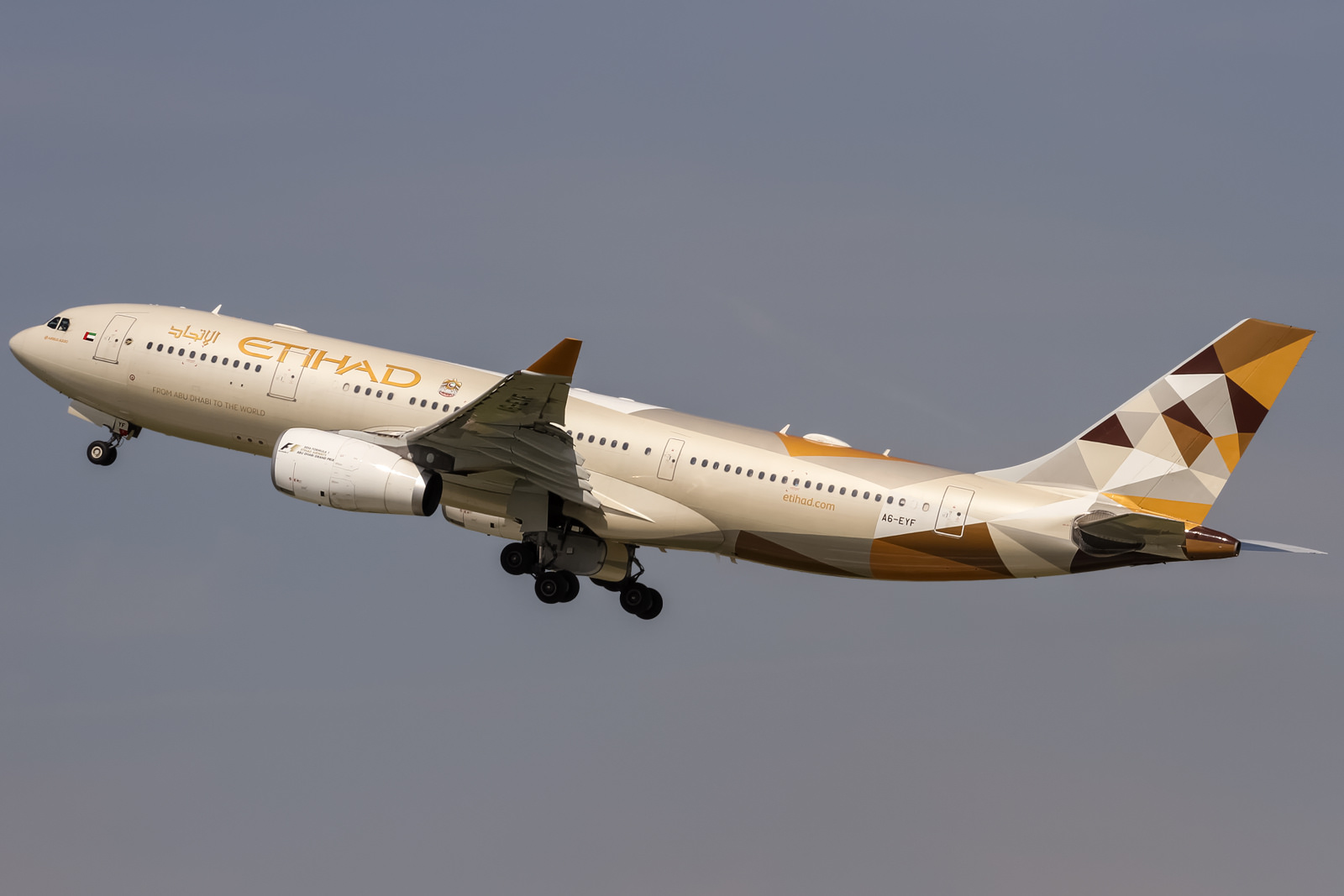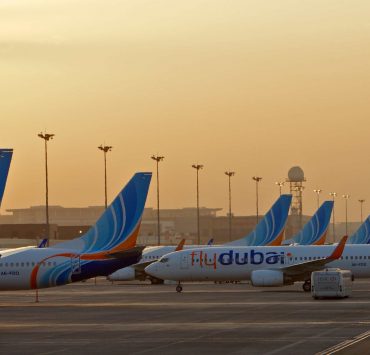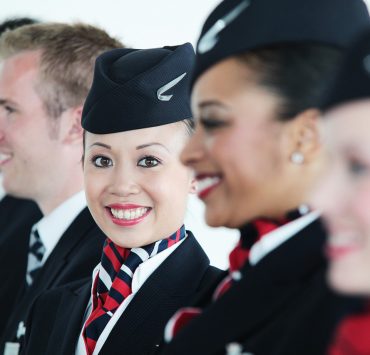
Until recently, the Lufthansa Group’s approach to Etihad Airways of Abu Dhabi was downright hostility. Now, the two airlines are exploring new ways to forge a deepening relationship with one another. At a glittering press conference in the UAE on Wednesday, contracts were signed between Etihad and Lufthansa that could signal a major change in business strategy.
Today’s commercial partnership agreement saw the two sides agree on deals for catering and aircraft maintenance:
- Lufthansa’s LSG Skychefs will provide catering for Etihad Airways at 16 airports outside of its Abu Dhabi base,
- The maintenance arm of the German airline group, Lufthansa Technik, has signed a memorandum of understanding with Etihad for cooperation in maintenance, repair and overhaul at both Etihad and its equity partners including Alitalia and Air Berlin.
These agreements are in addition to other ways in which the two once-bitter competitors have already started to work more closely together.
Builds on Cooperation That Started Last Year
In December, Lufthansa and Etihad announced that they had signed their first codeshare agreement together. That deal will see Lufthansa placing its LH airline code on Etihad flights from Frankfurt and Munich to Abu Dhabi. In return, Etihad will be placing its EY code on to Lufthansa flights from Frankfurt to Rio de Janeiro and the Colombian capital, Bogota.
In an even bigger deal, it was announced last year that the Lufthansa Group will wet lease 38 aircraft from Air Berlin (which Etihad holds a 29% stake in) to grow its Eurowings and Austrian Airlines subsidiaries. The move was cleared by regulators despite objections from rivals including Ryanair.
Details from Wednesday’s press conference had been eagerly anticipated after it was revealed that the CEO of Etihad Airways, James Hogan would be meeting with his German counterpart, Carsten Spohr. The CEO of Lufthansa said of the deal: “We welcome the opportunity to strengthen our cooperation with the Etihad Aviation Group. Together we can create added value for our customers and shareholders. Partnering with the Etihad Aviation Group fits perfectly the Lufthansa Group’s global strategy for our passenger airlines and service companies.”
Europe Turned Out to be a Tough Market to Crack
Etihad Airways has doggedly tried to become a force in European aviation for a number of years. The market is huge but dominated by legacy carriers with virtual monopolies. Etihad knew that it couldn’t expand its own airline quickly enough to tap into this lucrative market and compete effectively with the older European airlines.
But other options weren’t so easy to come by. The parent company of British Airways has a stranglehold on Heathrow Airport – the busiest airport in Europe and 6th busiest international airport in the world – is already part owned by Qatar Airways. The Dutch flag carrier KLM and Air France had already merged in 2004 to become the fourth largest airline in the world by revenue.
Lufthansa Group is a hugely successful aviation force in Europe. After Ryanair and Easyjet, Lufthansa takes the lion share of passenger traffic in Europe. Its Eurowings and German wings budget subsidiaries are successfully competing with budget rivals. Meanwhile, the Lufthansa Group has an impressive portfolio of companies under its umbrella with Austrian Airlines, Swiss and Brussels Airlines all fully owned by Lufthansa.
Change of Direction After Failed Equity Investments
Unfortunately for Etihad, the German flag carrier made no bones about calling out its Middle East competitors. The carrier made frequent pleas to government bodies in Germany to block the attempts by Etihad, Emirates and Qatar Airways to expand their operations in Europe.
So Etihad conjured up a different route into the European market. It bought up minority equity stakes in low-cost carrier, Air Berlin and Italian flag carrier, Alitalia. Both airlines were struggling but James Hogan, the CEO of Etihad had a plan to turn them into forces to be reckoned with.
The gamble never paid off. James Hogan will be stepping down later this year as the board of Etihad look to change its European strategy. Both Alitalia and Air Berlin have haemorrhaged cash and have required round after round of funding from Abu Dhabi to stay afloat.
What Next for Etihad?
Speaking of this change in direction, James Hogan commented: “This partnership is the platform for a much wider strategic collaboration between our two organisations. It demonstrates the commitment of the Etihad Aviation Group Board and Abu Dhabi to our European growth strategy.”
In January, the Italian newspaper Il Messaggero claimed that Lufthansa and Etihad had been in talks for a possible merger. This latest news falls far short of this but it does mark a huge change in the relationship that the two airlines have had with one another.
Since joining Etihad Airways, Hogan has “overseen the growth of the company from a 22-plane regional carrier into a 120 aircraft global airline and aviation group, with seven airline equity partnerships which together serve more than 120 million guests every year.”
Etihad has pioneered new levels of luxury and service and taken advantage of its home location between East and West to offer global connectivity through its equity investments. Now it’s time for the airline to consolidate and focus on the business of strengthening its current network.
Related Reading:
- Everything You Ever Needed to Know About Etihad Airways Partners. And Why it Might Fail
- Is This for Real? Etihad and Lufthansa in Merger Talks
- Confirmed: Management Shakeup At Etihad Airways
Mateusz Maszczynski honed his skills as an international flight attendant at the most prominent airline in the Middle East and has been flying throughout the COVID-19 pandemic for a well-known European airline. Matt is passionate about the aviation industry and has become an expert in passenger experience and human-centric stories. Always keeping an ear close to the ground, Matt's industry insights, analysis and news coverage is frequently relied upon by some of the biggest names in journalism.









